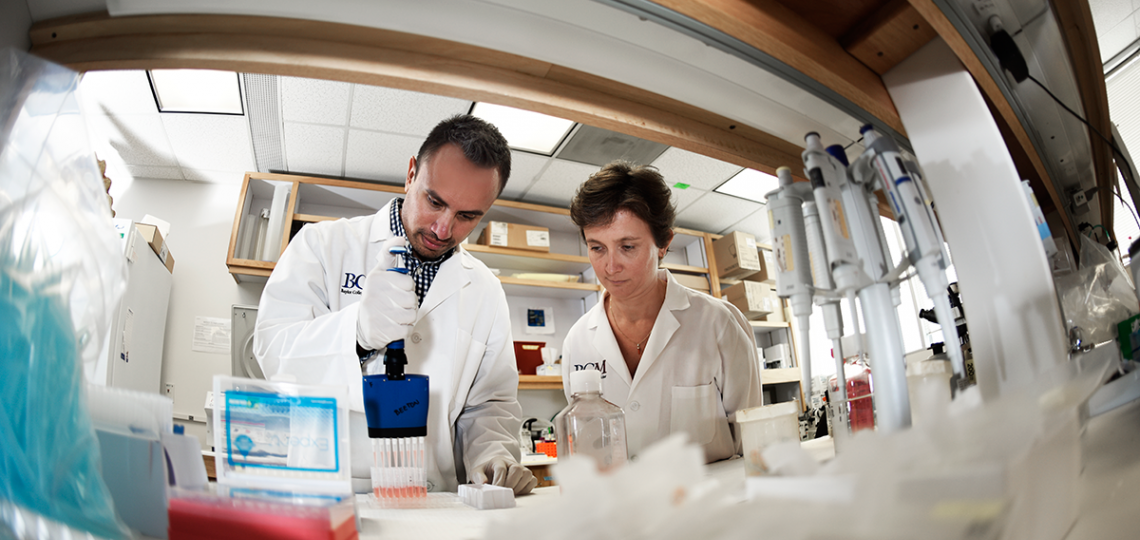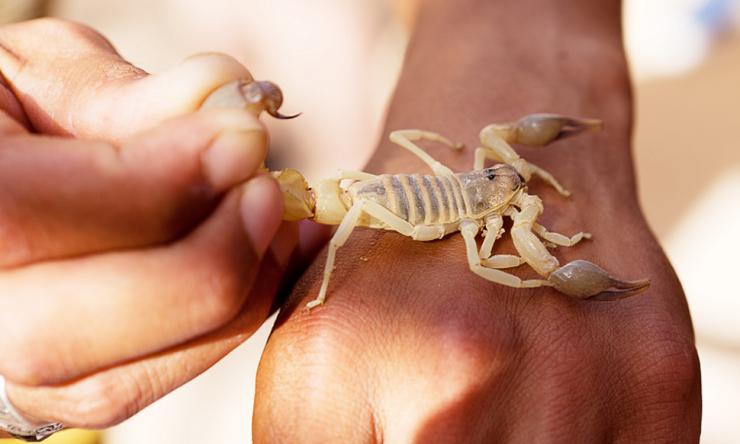
About the Lab
Christine Beeton's lab is interested in all aspects of translational research surrounding autoimmune and other chronic inflammatory diseases. Our expertise includes the isolation and culture of primary human and rodent cells (lymphocytes, monocyte/macrophages, and other immune cells; fibroblast-like synoviocytes; myoblasts), functional assays ex vivo (proliferation, production and secretion of cytokines, chemokines, proteases, migration, invasion, cytotoxicity, and more) and in vivo (trafficking, production and secretion of cytokines, chemokines, proteases, and more), patch-clamp electrophysiology on excitable and non-excitable cells for identification of ion channels and pharmacology of novel ion channel modulators, and animal models of inflammatory diseases in rats and mice (active and adoptive delayed type hypersensitivity, active and adoptive acute experimental autoimmune encephalomyelitis, chronic-relapsing experimental autoimmune encephalomyelitis, collagen-induced arthritis, pristane-induced arthritis, and adjuvant-induced arthritis).
Our current work revolves around two main topics: targeting potassium channels for the treatment of chronic diseases (multiple sclerosis, rheumatoid arthritis, and type 1 myotonic dystrophy) and using antioxidant nanomaterials for the treatment of T lymphocyte-mediated autoimmune diseases (multiple sclerosis and rheumatoid arthritis).
Through the years, we have received funding from federal and private sources. During her graduate work, Christine Beeton received fellowships from the Association pour la Recherche sur la Sclérose en Plaques (French multiple sclerosis society) and the Fondation pour la Recherche Médicale (French foundation for medical research). She then received a 3-year postdoctoral fellowship from the National Multiple Sclerosis Society.
As an assistant researcher, she received funding from the Arthritis National Research Foundation and the American Heart Association. More recently, work in the Beeton Lab has been supported by Pfizer, the Mrs. Clifford Elder White Graham Endowed Research Fund, the National Institutes of Health, the Department of Defense, Kineta Inc., the National Multiple Sclerosis Society, and an Alkek Award in Experimental Therapeutics.
Students and postdoctoral fellows in the lab have received travel awards to attend and present their work at national meetings and have received funding from the American Lung Association and the National Institutes of Health.
Support our Research
Donations are used to support our research efforts to advance our understanding of chronic inflammatory diseases, to identify new drugs targets, and to develop new therapeutics. If you would like to learn more about opportunities to support our work, please visit the Baylor College of Medicine Ways to Give site.
Dr. Christine Beeton: Ask Me About My Research
Dr. Christine Beeton, associate professor of molecular physiology and biophysics, is joined by a special guest to demonstrate the importance of scientists and researchers talking with others about their work.
Scorpion venom component may one day treat rheumatoid arthritis
According to researchers in the Beeton lab at Baylor College of Medicine, the scorpion venom component, iberiotoxin, which can reduce the severity of rheumatoid arthritis, may be used as a treatment in the future.
Autoimmune Diseases and Sea Anemones: Part One
Dr. Beeton's interview the Arthritis National Research Foundation.
Autoimmune Diseases and Sea Anemones: Part Two
Dr. Beeton's interview the Arthritis National Research Foundation.









